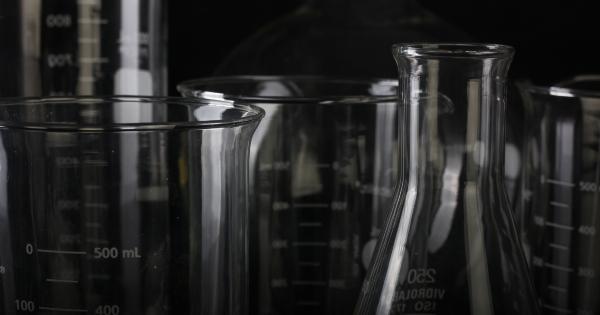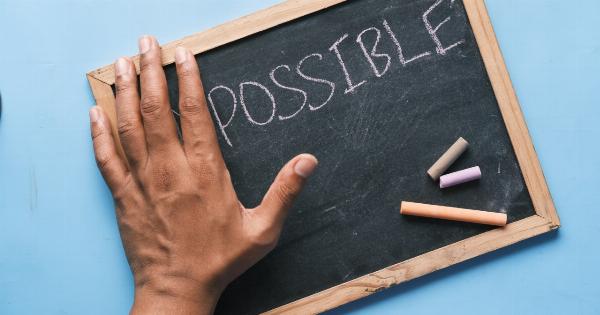From the first moments of human existence, individuals have grappled with questions of right and wrong.
The concepts of morals and ethics are central to our understanding of how to navigate the complex web of social interactions and make decisions that align with values and principles. In this article, we delve into the depths of morality and ethics, examining their definitions, significance, and the interplay between them.
Defining Morals
Morals are a set of principles or rules of conduct that guide individuals to distinguish between right and wrong.
They are deeply rooted in personal beliefs, cultural norms, and societal values, shaping behavior and providing a framework for making ethical decisions. Morals are often influenced by religious teachings or philosophical perspectives, and they differ from person to person and from culture to culture.
Unearthing Ethics
While morals are subjective and open to interpretation, ethics provide a more systematic and objective approach to evaluating human conduct.
Ethics involve the study of morality, analyzing the principles that should govern behavior and the rational justification for those principles. It seeks to understand why certain actions are considered good or bad, just or unjust, and the consequences they may bring.
The Relationship Between Morals and Ethics
Morals and ethics are closely intertwined, with ethics expanding on the foundation of morals.
In essence, morality is concerned with individual perspectives on right and wrong, while ethics seeks to establish a universal standard for determining what is morally right or wrong. Ethics encompass moral principles that are agreed upon by a community, providing a shared understanding and ensuring the collective welfare.
The Significance of Morals and Ethics
Morals and ethics play a pivotal role in society by providing a framework for individuals to interact harmoniously, establish trust, and cooperate towards common goals.
They guide decision-making processes, shaping individual behavior within a social context and influencing everything from personal relationships to professional environments and broader societal structures.
Morals and Ethics in Everyday Life
Throughout our daily lives, we constantly encounter moral and ethical dilemmas.
For instance, when faced with a situation where personal gain conflicts with a moral duty, individuals must consider the implications of their actions on others and the long-term consequences. Ethics provides a toolkit for evaluating conflicting values and making informed choices that prioritize the common good.
The Role of Morals and Ethics in Professional Settings
Professional environments demand adherence to ethical standards in order to maintain trust, ensure fairness, and safeguard the interests of stakeholders.
Professionals, whether in healthcare, business, or law, are often bound by codes of conduct that outline the ethical expectations of their respective fields. Ethical lapses can result in severe consequences, such as loss of reputation, legal action, or harm to the public.
Challenges in the Modern Ethical Landscape
In today’s rapidly evolving world, new ethical challenges arise due to technological advancements, globalization, and societal changes.
The digital age, for instance, presents ethical issues surrounding data privacy, online behavior, and artificial intelligence. Navigating these complexities requires a continuous evaluation of existing ethical frameworks and the development of new guidelines to address emerging dilemmas.
Cultural and Contextual Differences
Understanding the cultural and contextual variations in morals and ethics is essential for fostering empathy, respect, and appreciation for diverse perspectives.
Different cultures and societies have their own ethical systems, which may sometimes contradict one another. Recognizing these differences while finding common ground is crucial for global cooperation and the peaceful coexistence of individuals and nations.
Teaching Morals and Ethics
The responsibility of cultivating morals and ethics lies with both families and educational institutions. Parents, as the first teachers, instill moral values in their children through guidance, discipline, and imparting wisdom.
Schools and universities play a vital role in promoting ethical awareness, critical thinking, and providing a platform for debate and dialogue.
The Continuous Evolution of Morals and Ethics
As society progresses and our knowledge deepens, moral and ethical systems evolve to reflect our shifting values and priorities. Concepts that were once widely accepted may be challenged, leading to new ways of thinking about ethical issues.
This ongoing evolution necessitates open conversations, advancements in philosophical thought, and a willingness to critically examine outdated notions in the pursuit of a more ethical world.
The Interplay Between Personal Choices and a Common Moral Responsibility
While individuals have the autonomy to make personal choices, ethics reminds us of our responsibility to consider the impact of our actions on others and society at large.
Personal freedom should be balanced with a sense of moral duty towards the well-being of others. Striking this delicate balance requires a deep reflection on our values and a commitment to upholding ethical principles in our daily lives.






























